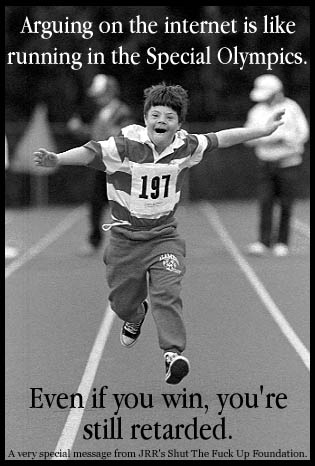Ikhtisar-Kritis-Mesin-Slot-Tekken-Skill-Stop

Igrajte keno igre na mreži da isprobate svoju sreću<FIELD>Ako živite u Texasu, Texas Lottery nudi vam mnoge vrste lutrijskih igara na koje se možete kladiti. Ali koji bi mogao biti najprikladniji za vaše oklade? Sve ovisi o tome što želite pronaći. Postoje 2 vrste kladioničara i, ovisno o tome gdje se nalazite, svaka bi vrsta trebala imati različite igračke preferencije.
Ono što ne shvaćaju jest činjenica da bi im bilo bolje da štede svoj novac dok ne budu imali dovoljno da ga pronađu putem same lutrije u kasinu. Ali još uvijek živimo san.
Zapravo, ne postoji takva stvar kao što je gotov kupac. Ne u svijetu u kojem danas živimo. Pogledajte samo kakvo se smeće prodaje. Potrošači se hrane putem letova. Sve je teže ugoditi ljudima. Osobno više rijetko nešto kupujem. Zapravo, od kalendarske godine kasino lutrije do danas potrošio sam nevjerojatnih ukupno 1827,58 USD u gotovini i kreditima. To je nešto više od 200 USD po kalendarskom mjesecu. Dijelom je razlog to što malo ljudi nudi nešto od čega se bore.
Ovo je prečesta priča; stilom prepoznati mjesto vlastite priče u Susaninoj priči? Jednostavan, gotovo nevin prikaz kockanja? Jaka HK rima za vas da ponovite pobjedničku izvedbu, i kada opet imate visoku? Postoji nevjerojatan skup priča koje postaju ovisnost o kockanju, ali kroz priče, niše za zarađivanje novca nekoliko su zajedničkih niti koje zvuče istinito.
Dakle, možete biti sigurni da će sljedeća ulaznica koju kupite biti velika osoba koja će raditi upravo to. Dakle, ponavljate točno ono što je stjecanje znanja. Kupiš scratch, scratch, casino lutrija da vidiš da oni još gube!
Oklada na najmanje jedan broj je 35 dok se ne mora dodirnuti samo jedna isplata. Postoje rješenja za klađenje na 2 broja, 4 broja, povezane brojeve također kao neparne ili parne, crvene ili crne, naravno nula. Svaka oklada na ruletu uživo ima svoje individualne povrate. Što više brojeva uložite u svoje žetone, to ćete manje ponijeti kući. Postoje "vanjske" i "unutarnje" oklade na craps. Najbolji način da naučite igrati je gledanje igre u pokretu. Nakon što pogledate nekoliko rundi, ideja o dobivanju zatvorske kazne o tome kako se drugi droge klade i mogu staviti vaše vlastite oklade.
Siguran znak da ste postali ovisni o lutrijskim igrama je to što od voljenih skrivate koliko igrate na lutriji ili im želite reći koliko novca zapravo trošite.
SBOBET88 | Togel Hari Ini | Pengeluaran HK | Live Draw HK hari Ini | Togel Singapura | Link SBOBET | Togel Hongkong | Keluaran Sidney | Data Sydney | HK Pools | Slot Demo | Toto HK | Hongkong Pool | Result HK | Akun Slot Demo